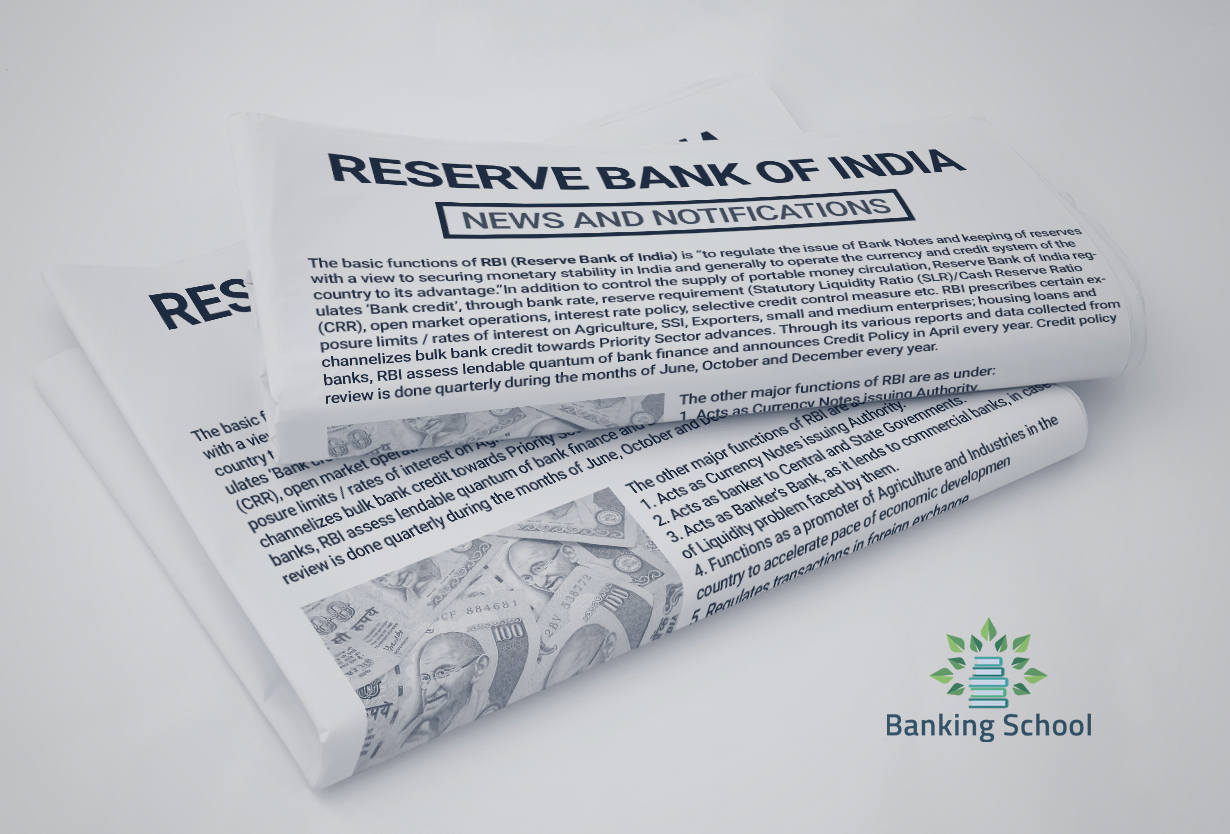A banker collects a cheque for his customer in the capacity of an “agent for collection”, the banker collects the cheque on behalf of his customer, which also when presented to him. If a customer gives an open cheque i.e. a cheque uncrossed, the banker has to cross the cheque before it is sent for collection. Then only, he can claim protection under sec. 131.
Section 131 in The Negotiable Instrument Acts, 1881 provides that.
“A banker who has in good faith and without negligence received payment for a customer of a cheque crossed generally or especially to him shall not, in case the title to the cheque proves defective, incur any liability to the true owner of the cheque by reason only of having received such payment.”
The protection is available to the collecting bankers under Section 131 of NI Acts 1881 only when the following conditions are satisfied by the collecting banker.
- The check should have been crossed generally or especially to the bank.
- The bank should have collected such cheque for a customer as an agent for collection and not as a holder for a value.
- The proceeds of the collected cheque are credited to only to the account of the payee or to the account of the endorsee if endorsement on the instrument is regular.
- The collecting banker must have acted in good faith. Here ’good faith’ means the banker had no reasonable ground to believe that the customer is not entitled to receive payment of the amount therein mentioned.
- The collecting banker should have acted without negligence. ’Without negligence’ means the account of the customer on whose behalf cheque is collected, is opened with proper compliance of KYC norms such as verification of identity proof and address proof before opening the account.
- The collecting banker who received payment based on the electronic image of the truncated cheque should have verified the apparent genuineness of the cheque in his possession with due diligence and ordinary care to ensure the prima facie genuineness of the instrument.
No protection is available to collecting bank in the following cases:
Opening of A/c without satisfactory references/ introduction.
• Crediting the proceeds of cheque to an endorsee with irregular endorsement.
• Crediting the proceed of a cheque to the personal A/c of the director, partners, or any employee when it is payable to the company.
• Crediting the proceeds of the charge to the personal name of the official when it is payable to a govt. agency, autonomous body, or corporation.
• Crediting the amount of a cheque in the personal A/c which is drawn by an agent on behalf of its principal.
• When the customer depositing the cheque is of little means and the cheque deposited suddenly is of a sizable amount and the banker credited the proceeds there without making a proper inquiry.
• Cheque drawn by customers is dishonoured very often and crediting such accounts with the proceeds of collecting cheque without making proper inquiries.
• If the crossed cheque is collected and credited proceed to the other account.
KEY SECTIONS, DEFINITIONS & PROVISIONS UNDER THE NEGOTIABLE INSTRUMENT ACT 1881







